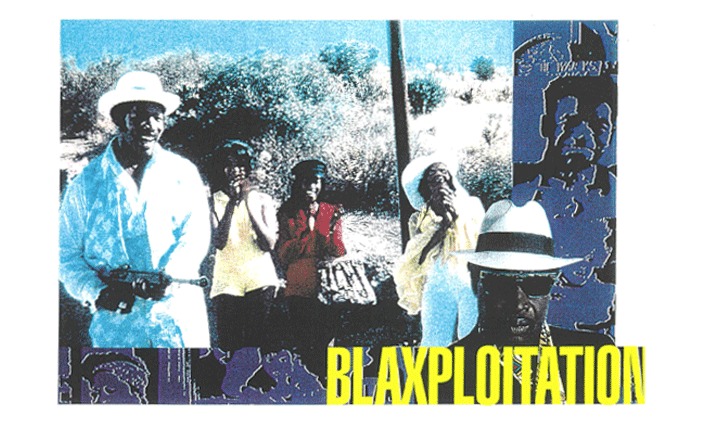
One of America’s most extensive catalogues of black movies is finally set to see the light of the day on the shores thanks to a new output deal forged by MIA. timecode profiles Xenon, its first crop of titles, including a couple of blaxploitation classics, and speaks to one of the instigators of blaxploitation movies, Melvin Van Peebles…
ORIGINALLY PUBLISHED IN TIMECODE MAGAZINE
For a word that is known by every culturally savvy type, blaxploitation has been woefully under-represented on video in the last decade or so. But the last 18 months has seen a change.
Warner re-released some of the more famous titles, Superfly, Shaft and Cleopatra Jones. In 1996, the end of that year also saw the launch of the Superfly imprint.
Superfly, the label and not the movie, has been responsible for releasing a slew of movies featuring some of the better-known names from the genre like Pam Grier and Fred Williamson.
And now, this February, comes one of the final pieces in the jigsaw, offering more than just blaxploitation product. A new and, some would say, culturally significant video label, Xenon, is being launched. Part of the Xenon Entertainment Group based in the USA. It houses the largest catalogue of black films under one roof, a catalogue that reflects black life and culture in all its diversity. It sets a precedent by making such films available to a UK audience for the first time ever.
There will be three initial releases from the label. Thug Immortal is a film about the short-lived notorious rapper, icon, film star and gangsta Tupac Shakur, whose albums have sold millions worldwide (the video is already a massive success in the USA, where it has shifted half a million units).
Next up for release is comedian, entertainer, and living legend Rudy Ray Moore’s Dolemite, which became an extraordinary box-office success when it was first released in the 70s. The first X-rated adult comedian, his camp and blue humor has influenced everyone from Eddie Murphy to Ice T. Much admired by Quentin Tarantino, Moore did the majority of his material in rhyme (often backed by music), earning him the title “The Godfather of Rap. The character he created, Dolemite, has been referred to and sampled by everyone from the Fugees and Dr Dre to the The Beastie Boys, KRS-One and Ice T.
And then there is Melvin Van Peeble’s legendary, seminal, and inimitable Sweet Sweetback’s Baadasssss Song, a film that remains on Variety’s all-time top grossing independent film list.
If any film can be said to have kickstarted the blaxploitation genre, it would have to be this title, although it may have been achieved inadvertently. Now, at last, this revolutionary film is finally available on video a quarter of a century after it was first released at the cinema. Not only did it pioneer the use of soundtrack as a marketing tool, with reviewers acclaiming it as an artistic achievement in filmmaking, but more importantly, it altered the face of black cinema radically. It was written, produced and directed by its star Melvin Van Peebles, who has been described as the “godfather of modern black cinema” by Spike Lee. Its massive box office success awoke Hollywood to the concept that films starring black protagonists could make money. This realization resulted in misinformed films about black culture and identity made by white directors — blaxploitation — films like the the Shaft series, Foxy Brown, Cleopatra Jones, Black Caesar, Coffy etc. The forthcoming theatrical release of Tarantino’s Jackie Brown may persuade Hollywood to jump on the money-spinning bandwagon, creating an era of “neo-blaxploitation” for the millennium. Xenon, however, is the real deal.
